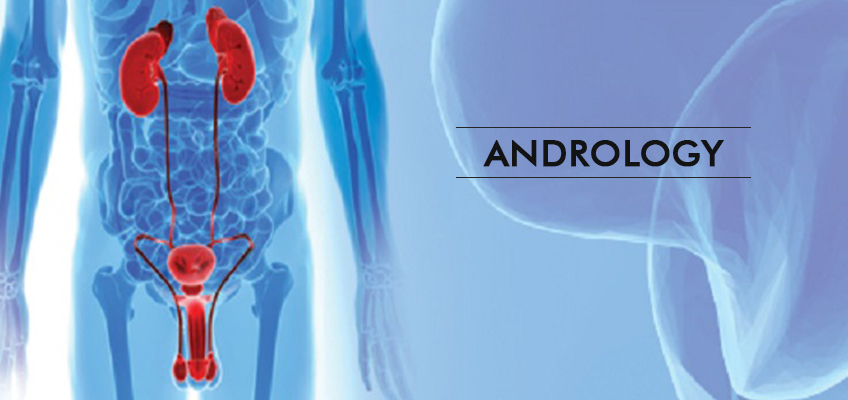
Andrology : The Science of Male Health
Jul 18, 2024Andrology, often described as the male counterpart to gynecology, is a specialized field of medicine that focuses on the health of the male reproductive system and associated conditions. As men's health becomes an increasingly important topic, understanding the scope and significance of andrology is essential. This blog explores what andrology entails, the common conditions it addresses, and the importance of this field in promoting overall male health.
Key Areas of Andrology
1. *Male Infertility*: Andrology plays a critical role in diagnosing and treating male infertility, which accounts for nearly half of all infertility cases. Common causes include low sperm count, poor sperm motility, and abnormal sperm morphology. Treatments range from lifestyle changes and medications to assisted reproductive technologies like in vitro fertilization (IVF) and intracytoplasmic sperm injection (ICSI).
2. *Erectile Dysfunction (ED)*: ED, or the inability to achieve or maintain an erection, is a prevalent condition affecting men, especially as they age. Andrologists evaluate the underlying causes, which can be psychological, physiological, or a combination of both. Treatment options include medications (such as PDE5 inhibitors), lifestyle modifications, therapy, and sometimes surgical interventions.
3. *Prostate Health*: Conditions like benign prostatic hyperplasia (BPH), prostatitis, and prostate cancer are significant areas of focus in andrology. Early detection and treatment of prostate issues are crucial for maintaining urinary and sexual health. Andrologists perform various diagnostic tests, including prostate-specific antigen (PSA) screenings, digital rectal exams (DRE), and biopsies.
4. *Hormonal Imbalances*: Testosterone deficiency or hypogonadism can lead to symptoms such as fatigue, decreased libido, and reduced muscle mass. Andrologists diagnose hormonal imbalances through blood tests and provide hormone replacement therapy (HRT) or other treatments to restore optimal hormone levels.
5. *Sexually Transmitted Infections (STIs)*: Prevention, diagnosis, and treatment of STIs are integral parts of andrology. Education on safe sexual practices, regular screenings, and prompt treatment are essential for maintaining reproductive and overall health.
6. *Peyronie's Disease*: This condition involves the development of fibrous scar tissue inside the penis, causing curved and painful erections. Andrologists can offer medical and surgical treatments to alleviate symptoms and restore normal sexual function.
Men should consider consulting an andrologist if they experience any of the following symptoms or conditions:
- Difficulty achieving or maintaining an erection
- Reduced sexual desire or performance
- Infertility issues after trying to conceive for a year or more
- Urinary problems, such as frequent urination or difficulty urinating
- Testicular pain or lumps
- Symptoms of hormonal imbalances, such as fatigue or decreased muscle mass
Conclusion
Andrology is a crucial field of medicine dedicated to understanding and treating male reproductive and sexual health issues. By addressing conditions such as infertility, erectile dysfunction, prostate health, and hormonal imbalances, andrology helps improve the quality of life for many men. As awareness of men's health issues continues to grow, the importance of andrology in promoting overall health and well-being cannot be overstated. If you're experiencing any symptoms related to male reproductive health, consulting an andrologist could be the first step toward effective treatment and improved quality of life.



 +91 96339 35699
+91 96339 35699 +91 90615 66999
+91 90615 66999